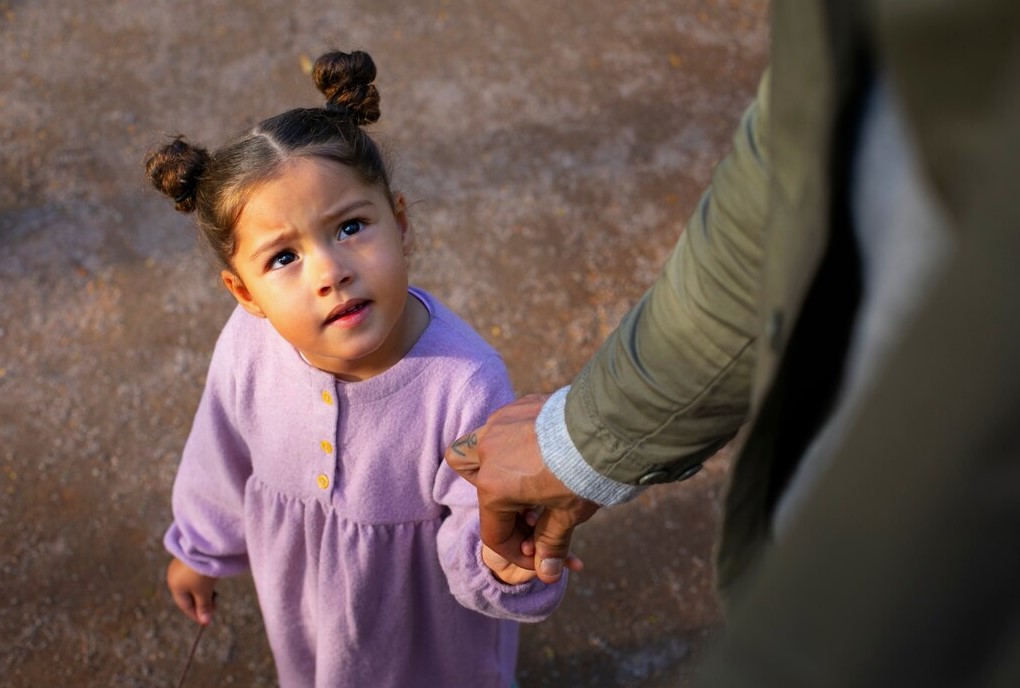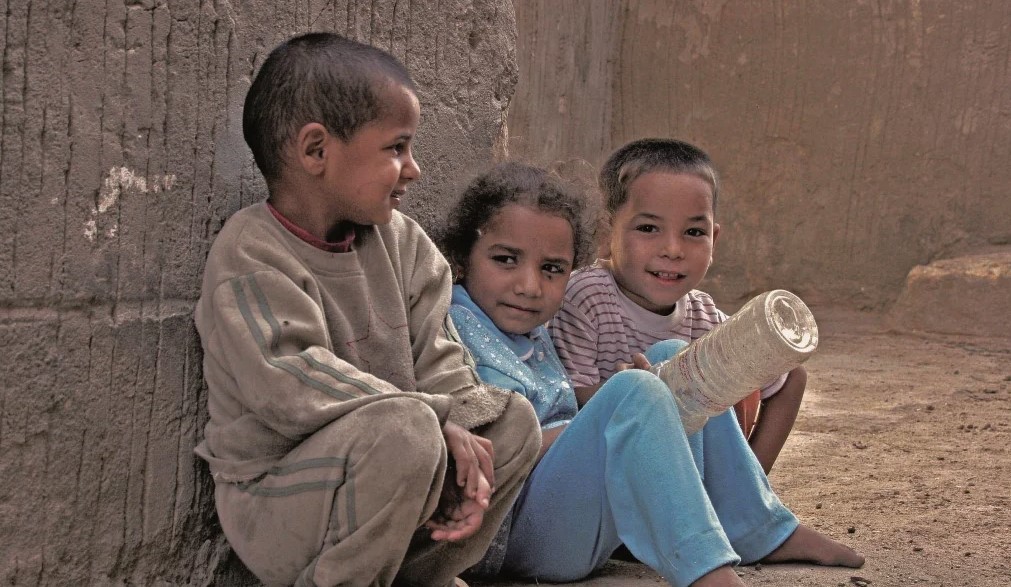Orphan sponsorship in the UK is a powerful way to transform the lives of children who have lost one or both parents, offering them hope, stability, and opportunities to thrive. This compassionate act connects donors with children in need, both locally and globally, providing essential support like food, shelter, education, and healthcare.
This article explores the importance of orphan sponsorship, how it works in the UK, its impact, and ways to get involved, ensuring the content is rich, relevant, and meaningful to those searching for ways to help vulnerable children.
Understanding Orphan Sponsorship
Orphan sponsorship is a commitment to support a child who has lost one or both parents, helping them access basic necessities and opportunities that might otherwise be out of reach. In the UK, organizations like World Vision UK and Orphans in Need facilitate these programs, connecting donors with children in regions facing poverty, conflict, or disaster.
Sponsorship typically involves a monthly donation, often as little as £30, which funds essentials like clean water, nutritious food, clothing, medical care, and education. Unlike adoption, sponsorship doesn’t involve taking legal responsibility for a child but focuses on providing ongoing financial and emotional support.
This model empowers children to stay within their communities, maintaining cultural and familial ties while receiving the resources they need to build a brighter future. By addressing the specific needs of each child, sponsorship programs ensure tailored support, whether it’s school supplies for a child in Gaza or medical care for one in Zambia.
The concept of orphan sponsorship extends beyond financial aid. Many programs encourage donors to build a personal connection with the child they sponsor, such as through letter-writing. This fosters a sense of care and understanding, allowing sponsors to learn about the child’s life, challenges, and dreams.
In the UK, where charitable giving is deeply valued, orphan sponsorship appeals to those who want to make a direct, tangible impact. It’s a way to contribute to global efforts to reduce poverty and inequality, aligning with the values of compassion and community that resonate with many British donors. By focusing on the holistic well-being of a child, sponsorship programs address not just immediate needs but also long-term development, helping children grow into self-sufficient adults.
The Impact of Orphan Sponsorship in the UK
The impact of orphan sponsorship extends far beyond the individual child, rippling out to families, communities, and even the sponsors themselves. In the UK, organizations like The Butterfly Tree and World Vision UK report transformative outcomes. For example, a sponsored child in Zambia might receive school uniforms, books, and meals, enabling them to attend school regularly and break the cycle of poverty.
Education is a cornerstone of these programs, as it equips children with skills to pursue careers and contribute to their communities. In regions like Gaza or Somalia, where conflict and economic hardship are prevalent, sponsorship provides stability, ensuring children have access to safe shelter and healthcare. This support reduces the risk of child labor, abuse, or exploitation, which are common challenges for orphans in vulnerable regions.
Communities also benefit significantly from sponsorship programs. Organizations often work with local leaders to identify the most vulnerable children and develop sustainable solutions, such as building wells for clean water or supporting community schools. This community-based approach ensures that the benefits of sponsorship extend to other children and families, creating healthier, more resilient communities.
For UK sponsors, the experience is equally rewarding. Many report a sense of fulfillment, knowing their contributions are changing lives. Letters and updates from sponsored children provide a personal connection, making the impact feel real and immediate.
How Orphan Sponsorship Works in the UK
Orphan sponsorship programs in the UK are designed to be accessible and transparent, making it easy for individuals to get involved. Organizations like Orphans in Need and World Vision UK offer clear processes for selecting and sponsoring a child. Donors typically choose a child from a specific country or region, based on profiles provided by the organization.
These profiles detail the child’s circumstances, needs, and aspirations, helping sponsors feel connected from the start. Monthly donations, often starting at £1 a day, are pooled to cover the child’s essentials, with a small portion sometimes used for administrative costs or to support other children if a sponsorship ends. This ensures continuity of care, even if a donor’s circumstances change.
Sponsorship programs prioritize accountability, with regular updates on how funds are used. For example, World Vision UK partners with communities to create long-term plans, ensuring that donations contribute to sustainable change. Donors may receive photos, letters, or progress reports, showing how their support is helping. Some organizations, like The Butterfly Tree, focus on specific needs, such as education or HIV/AIDS prevention workshops, tailoring their programs to the unique challenges of each region.
Why Choose Orphan Sponsorship in the UK?
Choosing to sponsor an orphan through a UK-based organization offers several advantages. First, these organizations are regulated by UK charity standards, ensuring transparency and ethical use of funds. Donors can trust that their contributions are making a real difference, as organizations provide detailed reports on their impact.
Second, UK-based programs often support children in regions with historical or cultural ties to the UK, such as parts of Africa or South Asia, resonating with donors who feel connected to these areas. Third, the act of sponsorship aligns with the UK’s strong tradition of philanthropy, allowing individuals to contribute to global efforts from the comfort of their homes.
Sponsorship also offers flexibility. Donors can choose programs that align with their values, whether it’s supporting education, healthcare, or emotional care. For example, Orphans in Need operates in 13 countries, allowing donors to select a region that matters to them. The low cost of sponsorship—just £30 a month for many programs—makes it accessible to a wide range of people, from individuals to families or even community groups.
Getting Involved: How to Start Sponsoring
Getting started with orphan sponsorship in the UK is straightforward. Begin by researching reputable organizations like World Vision UK, Orphans in Need, or The Butterfly Tree. Visit their websites to explore their programs, read about the children they support, and understand their mission.
Most organizations allow you to sign up online, choosing a child or region that resonates with you. You’ll typically provide payment details for a monthly donation, with the option to cancel or adjust if needed. Some organizations, like World Vision UK, offer phone support for those who prefer personalized guidance.
Once you’re a sponsor, you’ll receive updates about your child’s progress, which may include letters, photos, or reports. Engaging with the child through letters can deepen the connection, offering emotional support alongside financial aid. Donors are encouraged to spread the word, as raising awareness can inspire others to join. By incorporating terms like “sponsor a child,” “UK charity,” and “helping orphans,” this section ensures the content is discoverable while guiding readers on how to take action.
FAQs
What is orphan sponsorship, and how does it differ from adoption?
Orphan sponsorship involves providing financial and emotional support to a child who has lost one or both parents, typically through monthly donations. Unlike adoption, it doesn’t involve legal guardianship or bringing the child to live with you. Sponsorship focuses on funding essentials like education, food, and healthcare, allowing the child to remain in their community.
How much does it cost to sponsor an orphan in the UK?
Most UK-based programs, like World Vision UK or Orphans in Need, start at around £30 per month, or £1 per day. This covers necessities like food, shelter, education, and medical care, with a small portion sometimes used for administrative costs or to support other children.
Can I choose the child I sponsor?
Yes, many organizations allow you to choose a child based on their profile, which includes details about their age, location, and needs. You can often select a specific country or region, such as Gaza or Zambia, depending on the organization’s programs.
How do I know my donation is being used effectively?
Reputable UK charities provide regular updates, including progress reports, photos, or letters from the child. They are regulated by UK standards, ensuring transparency. Organizations like The Butterfly Tree and World Vision UK detail how funds are allocated, often focusing on sustainable community development.
Can I write to the child I sponsor?
Yes, many programs, like Orphans in Need, encourage letter-writing to build a bond with the child. This allows you to learn about their life and see the impact of your support, creating a meaningful connection.



